South Africa and the European Union pledged on Thursday to uphold multilateralism ahead of the G20 summit, while also signing a critical minerals partnership.
South Africa is hosting this year’s G20 meeting under the cloud of a boycott by its most influential member, though President Cyril Ramaphosa said the United States was now considering participating in some form.
Analysts say that if Washington skips the summit or takes a disruptive stance, it could open space for South Africa to deepen its relationships with the European Union and China, the country’s two biggest trading partners.
Although expectations for a meaningful final declaration from the summit are fading, the first G20 to be held on African soil offers the continent a platform to highlight its rapidly expanding economies and abundant mineral resources.
While it seems increasingly unlikely that the meeting will culminate in a substantive declaration, the first G20 in Africa is a showcase for a continent that has fast-growing economies and vast mineral wealth.
”We are signing an unprecedented agreement,” Ramaphosa said at a news conference with European Commission President Ursula von der Leyen and European Council President António Costa, after Ramaphosa’s mines minister Gwede Mantashe signed the memorandum of understanding.
”We are no longer going to rely on extracting minerals only. We will want to extract those minerals, have them processed at the point of extraction … so that South Africa begins to move up the value chain,” Ramaphosa said.
EU leaders are scrambling to secure dozens of metals that are vital to the world’s transition away from fossil fuels to renewable energy, for the revolution in computing and for defence, as it faces potentially damaging restrictions on supply from China, the world’s main supplier of rare earths.
Quick Reads
View AllThe EU’s plans include stockpiling rare earths before rivals, including the United States, and developing a 9-million-euro joint purchasing mechanism.
”We need these inputs to power the clean-energy transition both here and in Europe. So the future of our economy depends on fair and reliable supply chains,” von der Leyen said.
She added later that Russia’s war in Ukraine and its impact on Europe’s energy supply had woken the continent up to the need for a diverse range of sources.
South African officials are hoping the summit can keep multilateralism alive in international affairs, even as U.S. President Donald Trump’s administration rejects this form of diplomacy.
”We agreed to stand together in defence of democracy, in defence of multilateralism, human rights and the rule of law,” Ramaphosa said, in sentiments echoed by his counterparts.
With inputs from agencies


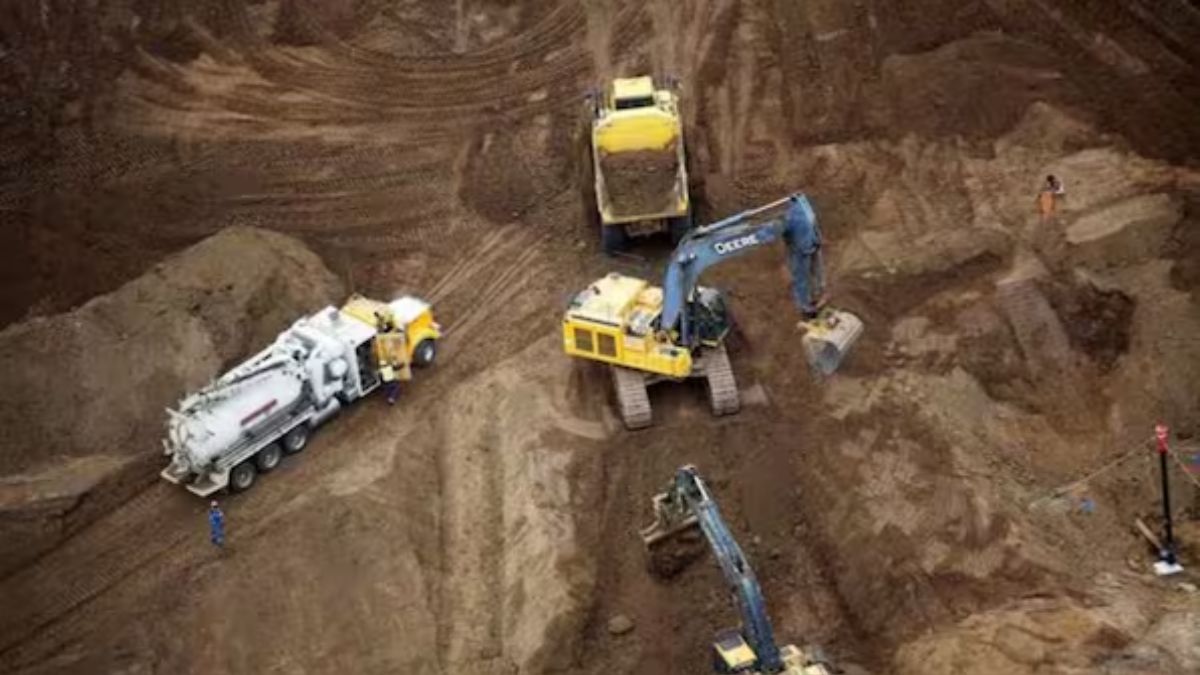)
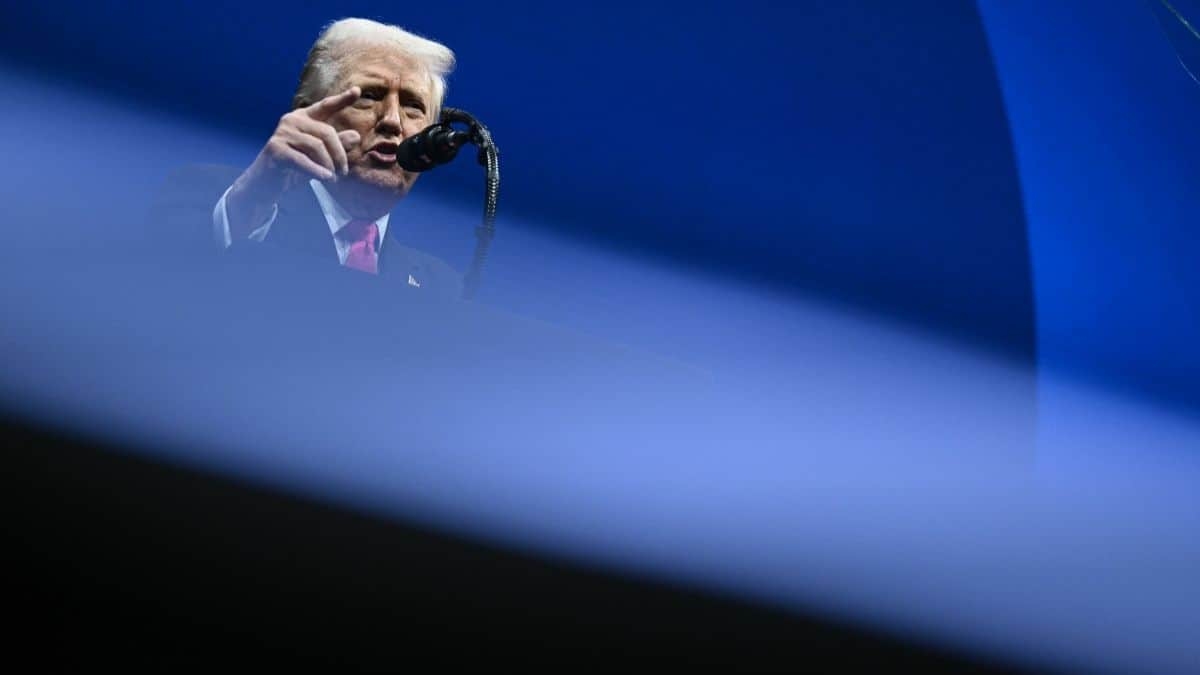
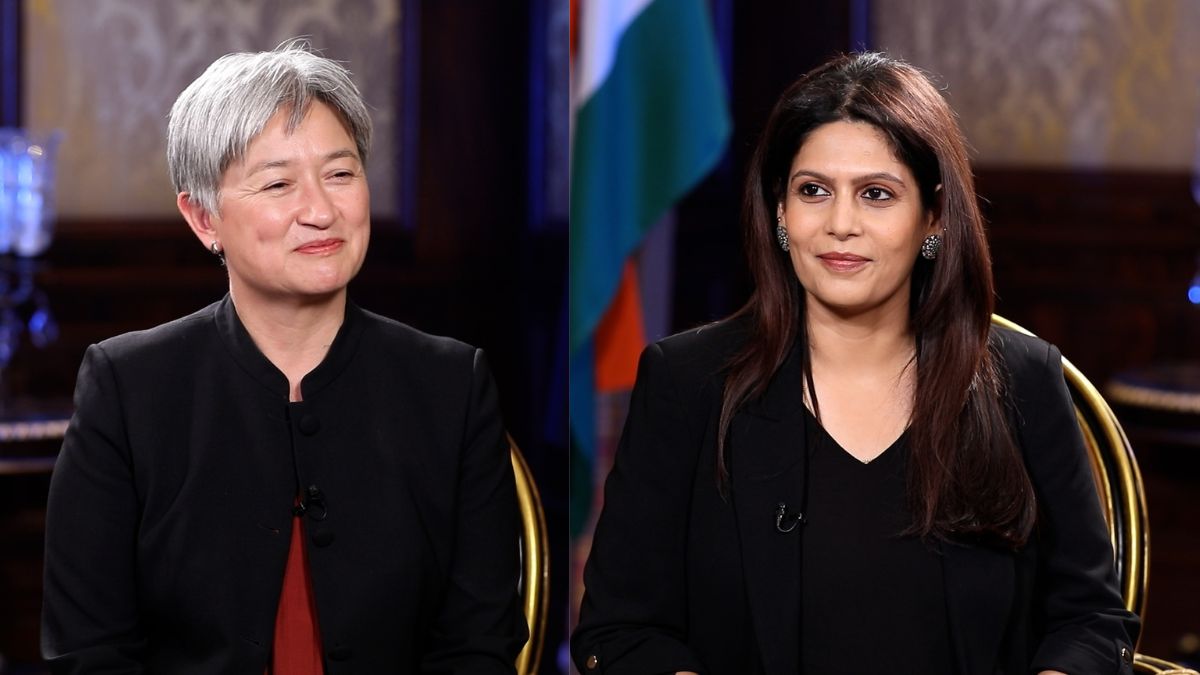)
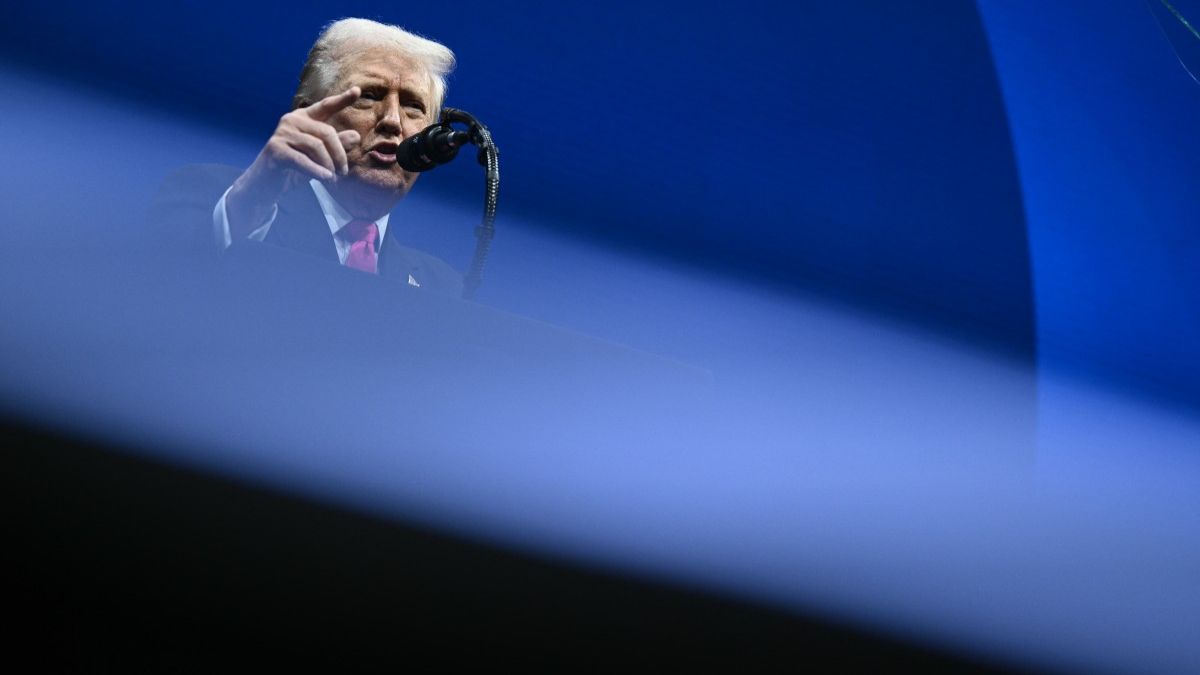)
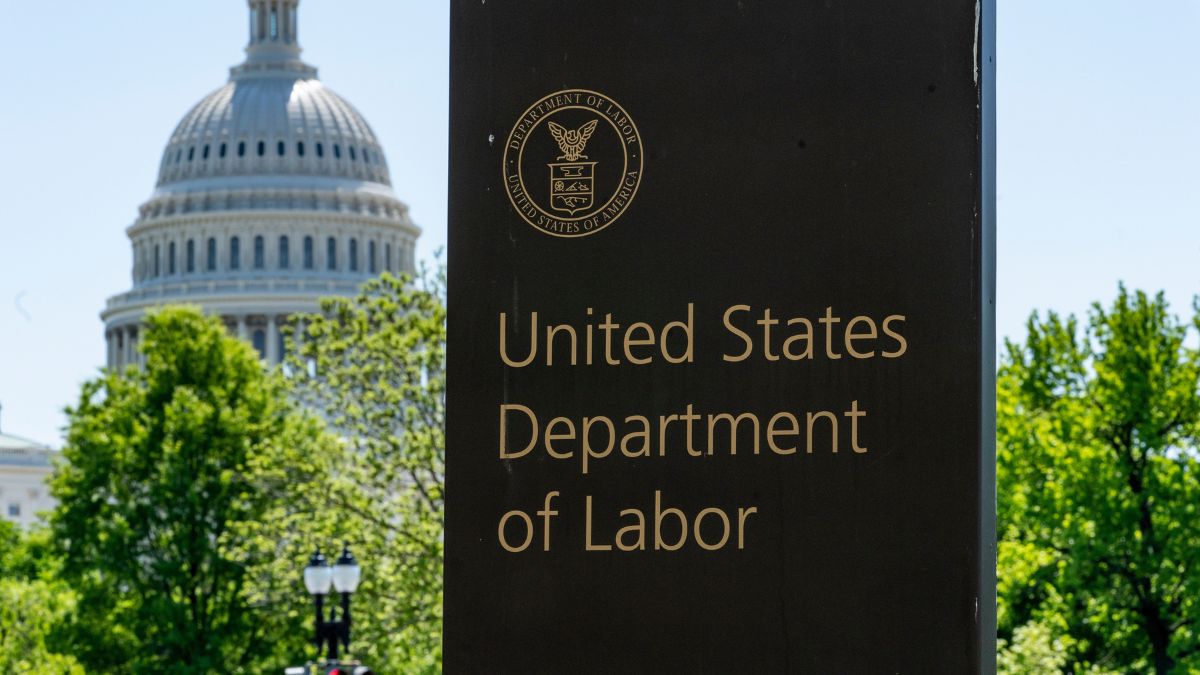)
)
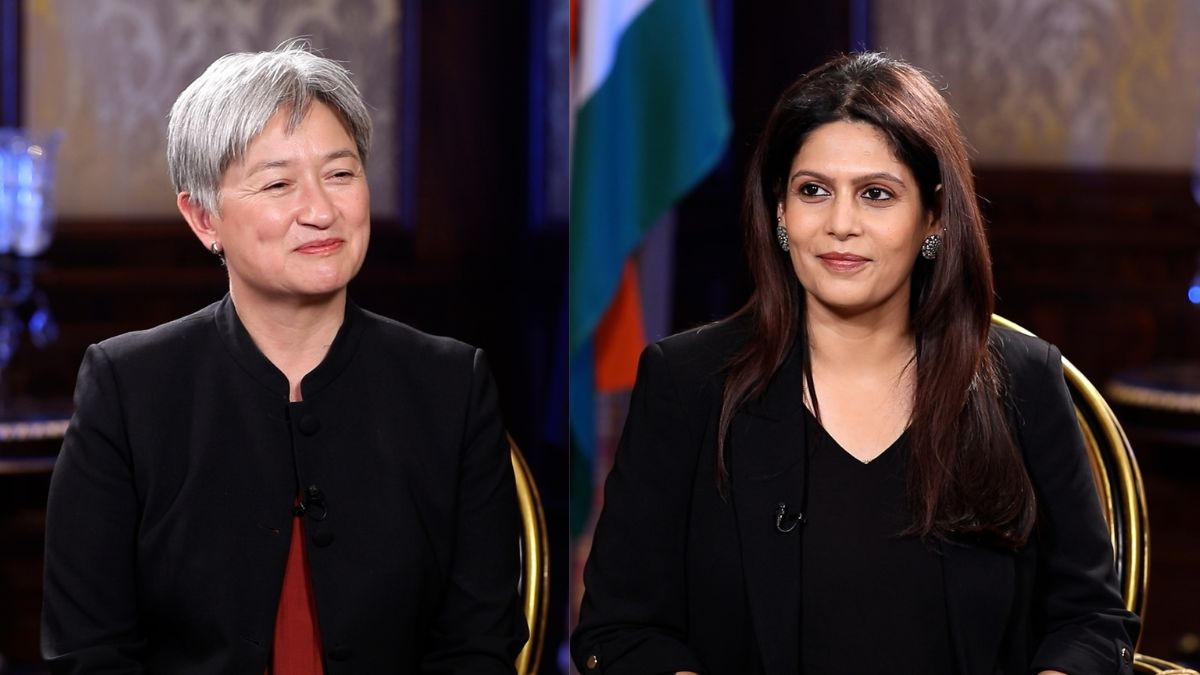)
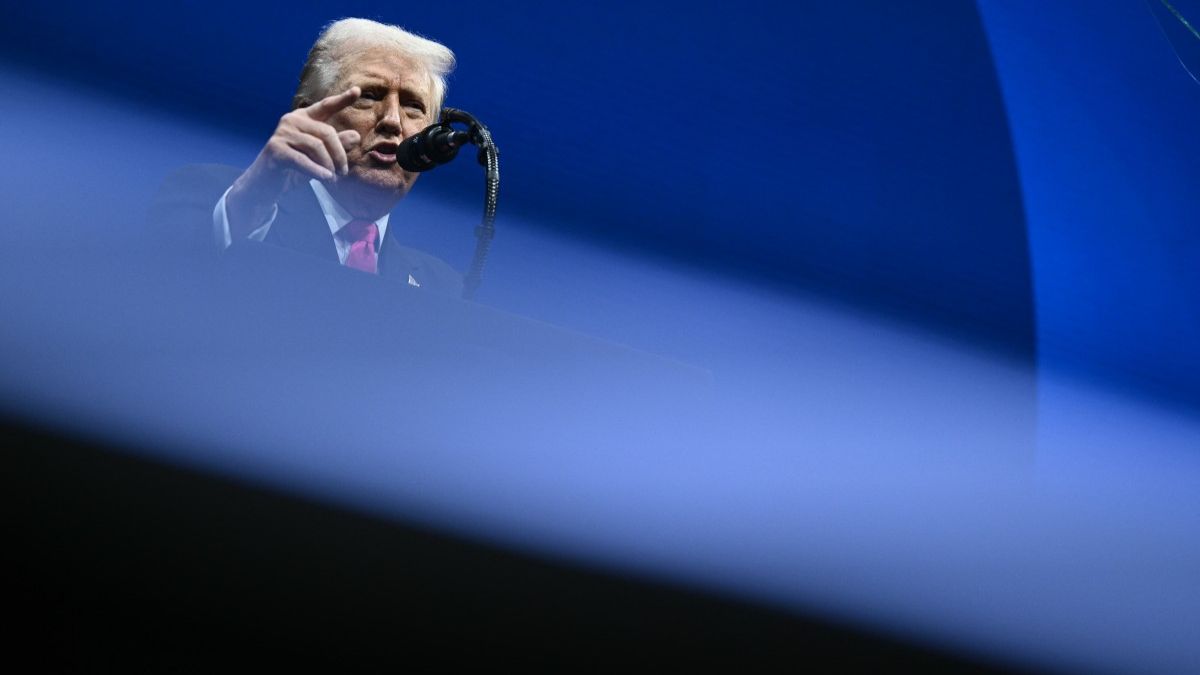)
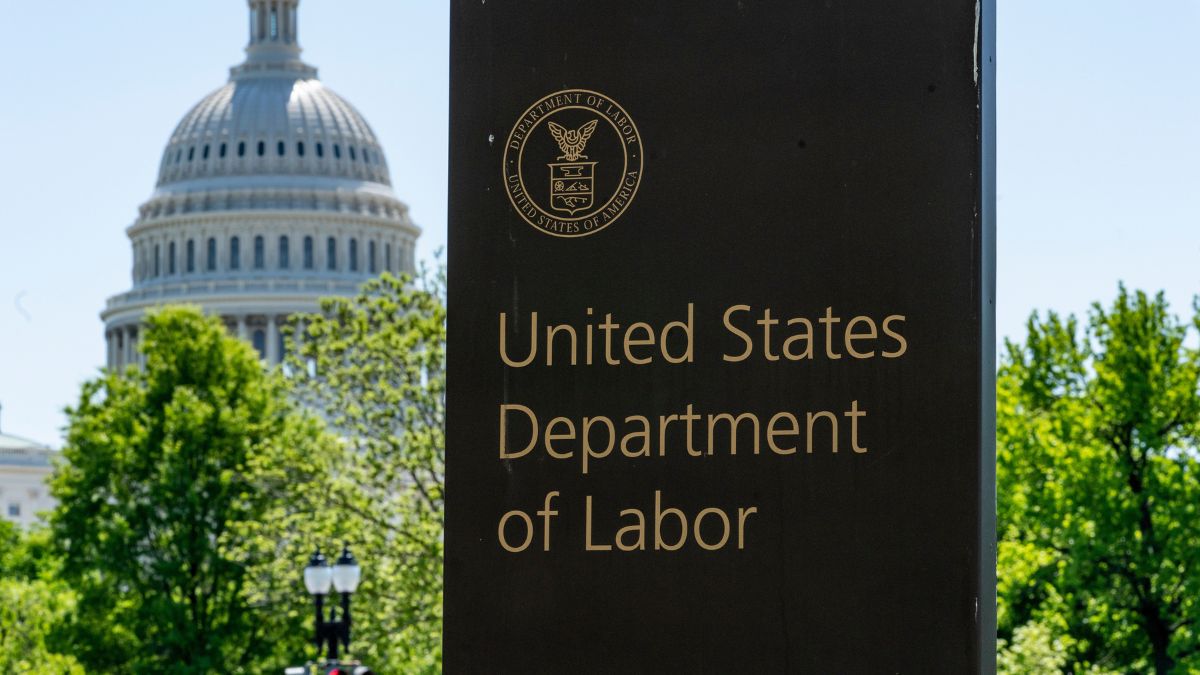)
)



